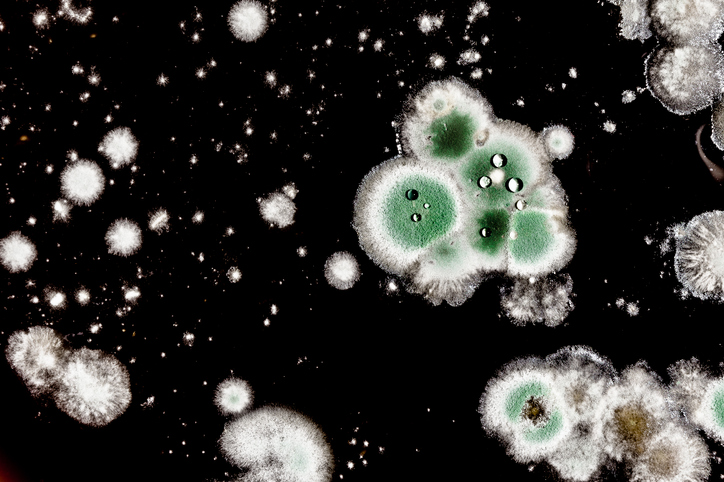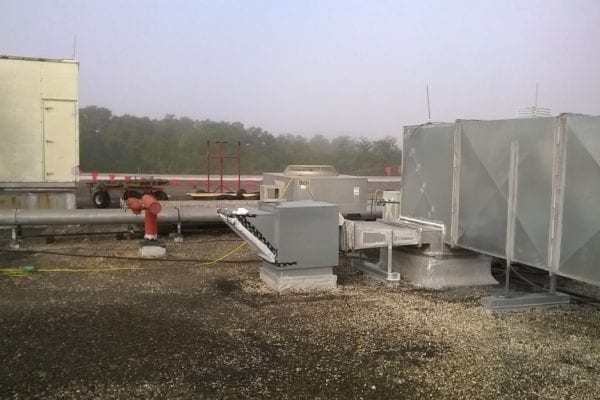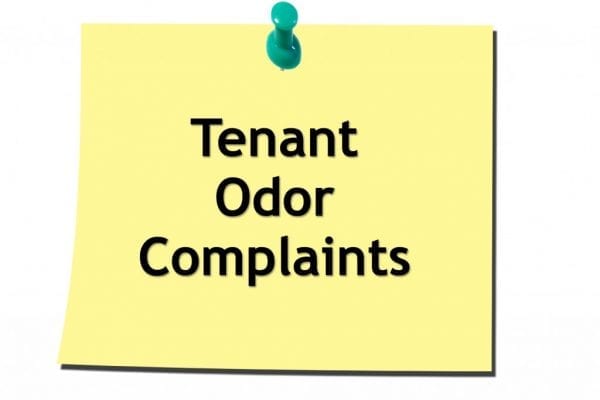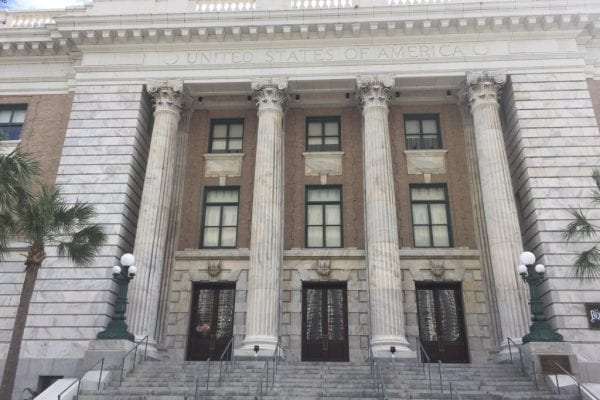If you’ve recently received the unwelcome news that there may be mold contamination in one of your buildings, you may need a mold consultant. Mold is a significant health hazard and deserves immediate attention and remediation. But who should you call when you need a mold consultant?
Obviously, you want someone you can trust and who can get to the bottom of the problem quickly. Here are the steps to take to ensure you get the mold consultant you need.
One: Do a Preliminary Assessment
You can save time and money by doing a preliminary mold assessment of the property yourself. Start by interviewing affected occupants, being careful to interview each individual separately. Ask each one:
- Why they think there’s a mold problem
- What their symptoms are
- Whether they’ve seen any evidence of mold
- What time of day they experience symptoms or see evidence
- Where in the building the symptoms or evidence are most obvious
In many cases, mold can cause respiratory symptoms such as clogged sinuses and watering eyes, and the symptoms will go away when the individual is not in the building. However, the absence of these symptoms does not necessarily mean there is no mold.
Next, inspect the property for signs of water damage and moisture. Mold requires three things to grow: Moisture, organic matter, and oxygen. The presence of moisture, or signs of recent moisture damage, in contact with building materials such as ceiling tiles, drywall, or wood can indicate the likely growth of mold.
Two: Call on an Experienced Mold Consultant
When it comes to mold contamination, you have both a legal and ethical responsibility to test and remediate appropriately for the health and safety of your building occupants. That means avoiding cut-rate mold consultants who may miss something important and leave you with a bigger problem than you had before.
Instead, look for an experienced mold consultant who meets the following criteria:
- Meets all of your state’s regulations regarding mold consultant certification
- Is current on continuing education, and up to date on all the latest information, resources, and tools for mold assessment and remediation
- Maintains general liability and E&O insurance for both preliminary and post-remediation mold consultation and assessment, in the amount of at least $1 million
- Is able to get on site in a timely manner, especially in the case of disaster response, when time is of the essence
- Cross-disciplinary experience–a firm understanding of construction, indoor air quality, and environmental engineering will ensure your mold consultant can easily identify sources of mold contamination and then design remediation plans that actually get the job done
- A stellar, long-standing reputation for trust and excellence
Your mold consultant will be responsible for identifying potential sources of mold contamination, conducting air and surface sample tests, and designing a remediation plan for any potential or current mold contamination. The right mold consultant will do this in a manner that is minimally invasive but maximally effective.
Three: Conduct a Post-Remediation Inspection
A common mistake property owners make is that they call on a mold remediation company to deal with their mold problem, but they fail to follow up with a post-remediation inspection.
Mold remediation can be tricky. Even the most experienced mold consultant can miss a hidden source of moisture, or contamination hidden in an inaccessible area. These untreated areas can quickly mushroom into a bigger problem than you started with.
Following remediation efforts, have your mold consultant conduct a post-remediation inspection including a visual inspection, moisture measurements, and air samples.
Only when your post-remediation inspection is complete can you breathe easy.
We’d love to help you with all of your indoor environmental needs. When you need a mold consultant, call on our highly trained, experienced professionals.






